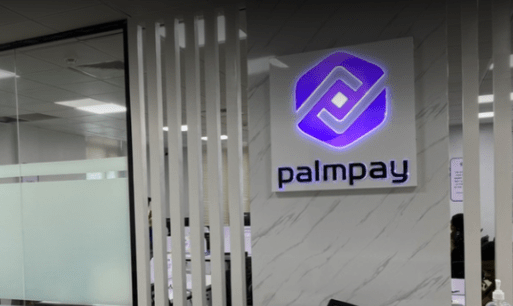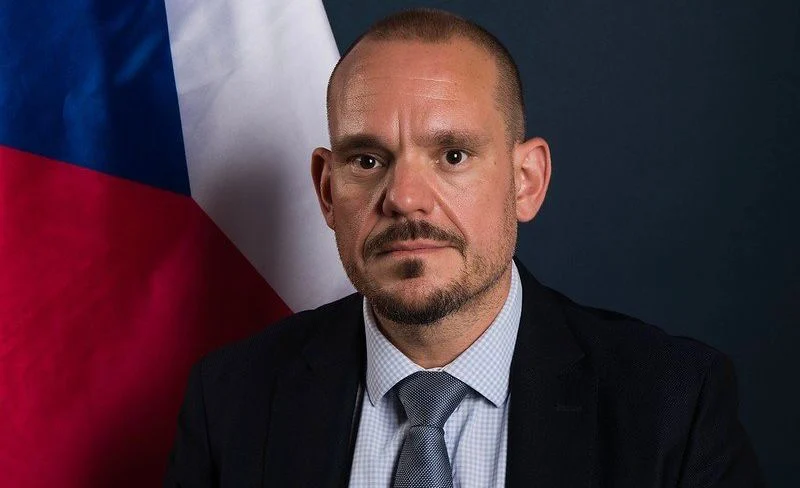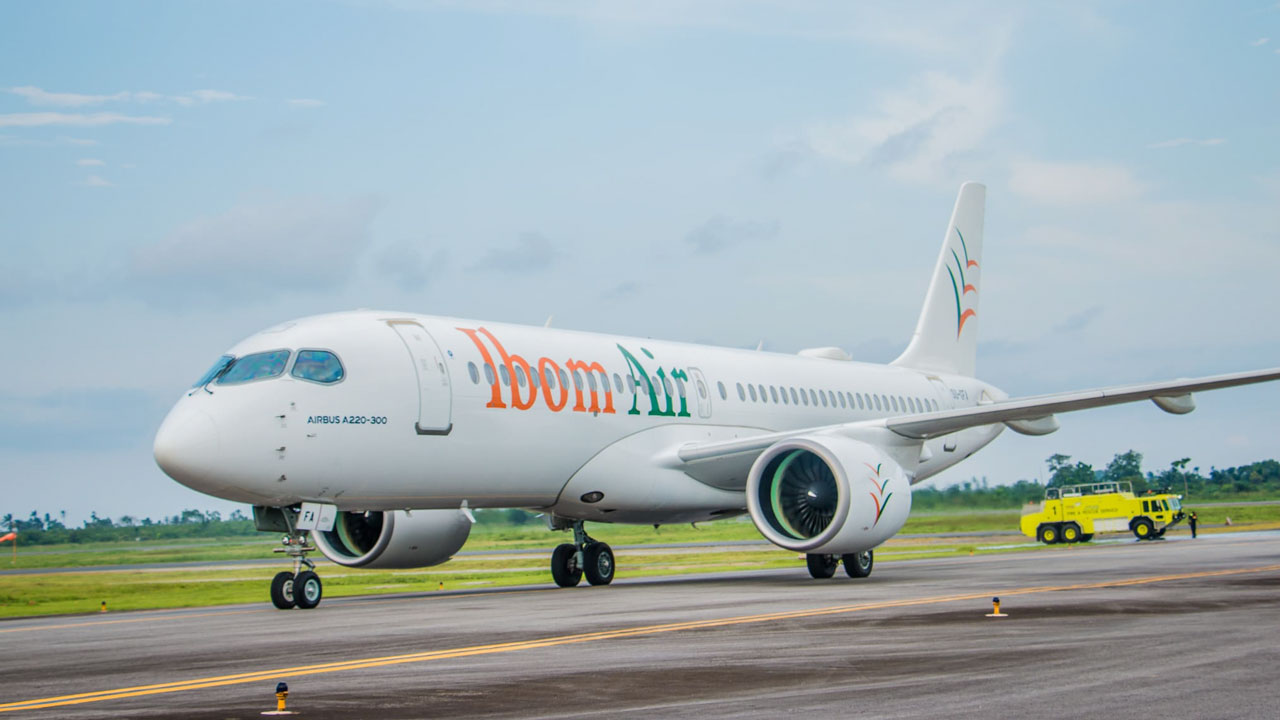Stakeholders from across West Africa will gather in Lagos from October 21 to 23 for the West Africa Industrialisation, Manufacturing and Trade (West Africa – IMT) Summit and Exhibition 2025 as the region seeks to accelerate its economic transformation through trade and industrial reforms amid shifting global trade dynamics.
Country Director for Nigeria and Portfolio Director for Energy at dmg Nigeria events, Wemimo Oyelana, emphasised the significance of these developments.
“In a world moving rapidly toward locally rooted production and trade-driven partnerships, what we are seeing across West Africa is a series of concrete steps toward building the ecosystem required for industries to thrive,” Oyelana said.
“The region is beginning to match ambition with structure, and potential with performance. But that momentum must now be reinforced with infrastructure, investment, and deliberate execution.”
The three-day Lagos summit will bring together investors, industrialists, policymakers, and trade experts for sector-focused discussions on manufacturing incentives, energy access, logistics optimisation, and regional trade frameworks.
The summit comes at a critical juncture, with West African nations increasingly prioritising industrialisation, infrastructure development and intra-regional trade to reduce dependency on foreign aid and commodity exports. Recent policy shifts in countries like Ghana and Senegal highlight this growing ambition.
Ghana’s government has introduced procurement directives that prioritise locally manufactured products, signalling a decisive move away from import dependency.
This policy shift coincides with the country’s projected 32 per cent increase in cocoa output, positioning Ghana not merely as a raw material exporter but as a potential manufacturing hub for processed goods.
The country is backing this ambition with concrete infrastructure investments, establishing new industrial parks that offer attractive incentives to manufacturers and logistics operators.
Similarly, Senegal has recorded a 19 per cent year-on-year rise in industrial output, driven by expansions in textiles, food processing, and poultry manufacturing.
Government subsidies for local producers and improved energy access to industrial zones have been key to this growth. Enhanced trade agreements with neighbouring countries are also boosting regional commerce, reinforcing Senegal’s role as a logistics and manufacturing gateway.
As Ghana leverages the African Continental Free Trade Area (AfCFTA) to diversify exports in processed foods, pharmaceuticals, and consumer goods, Senegal is positioning itself as an industrial and logistics gateway through investments in Dakar’s port infrastructure and a growing base of mid-sized manufacturing startups.






